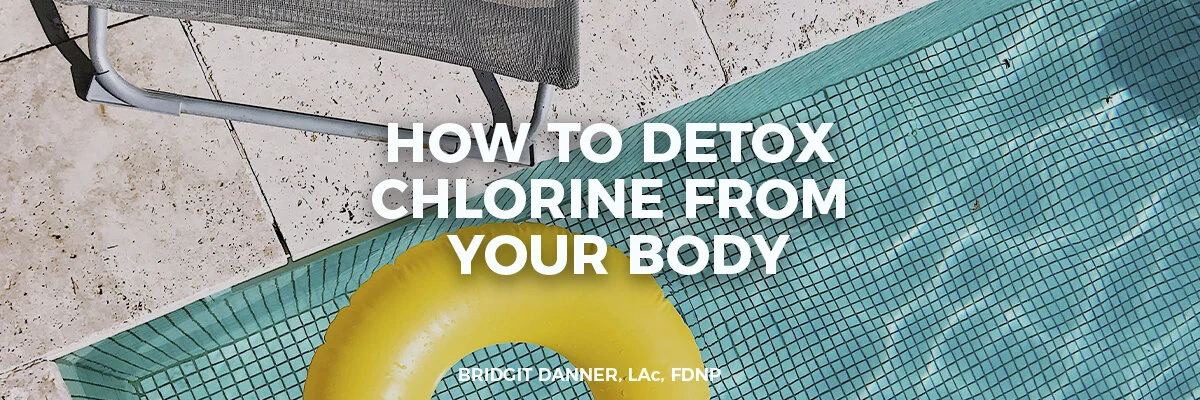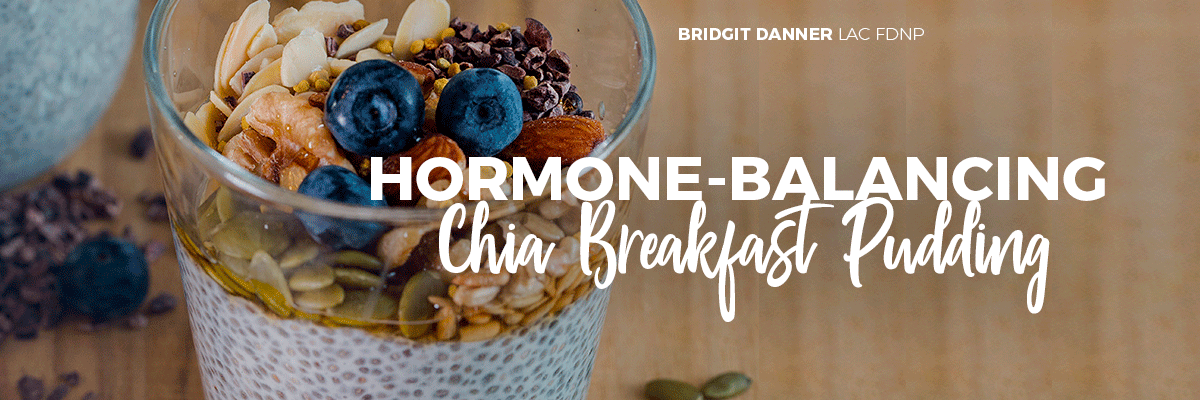How to reduce chlorine exposure and detox the body
There are 10.4 million residential swimming pools in the U.S. and about 309,000 public swimming pools. During the pandemic, many families have turned to their backyard pool as an oasis for safe fun and exercise amidst all the shut-downs. (1) (2)
However, if you're like many of us, you worry about the effect chlorine has on your body. In this article, I'll share some of the science behind chlorine in our pools, how it affects the body, and what you can do to detox from chlorine.
What Does Chlorine Do?
Why do we put chlorine in swimming pools and spas? The answer is simple. It kills germs. A naturally occurring element, chlorine helps keep pool water sanitized, eliminating the pathogenic microorganisms that cause illnesses. Even a quick dip in unsanitary water can expose a swimmer to diarrhea, swimmer's ear, and various skin infections.
Most people tolerate chlorine well, but if you swim frequently or have sensitivity to chlorine, you may experience some of the following symptoms:
Itchy, dry skin
Dry hair
Coughing
Airway irritation
Red, irritated eyes.
Chlorine exposure also has been linked to difficulty breathing, chest tightness, eczema, asthma, certain forms of cancer, and cardiovascular disease. A study of about 800 children by the American Academy of Pediatrics found adverse effects of chlorine exposure on children with chronic health issues, such as autism, asthma, or allergies. (3) (4)
Do you know that smell you associate with a chlorinated swimming pool? That smell is actually a sign that the chlorine is interacting with sweat, sunscreen, body waste, and other chemicals to create more than 100 different types of chemical byproducts known as chloramines.
We are exposed to these chemicals – many of which are toxic – when we breathe air near the pool's surface. They will dissipate in the air surrounding an outdoor pool, but they are more contained at an indoor pool. (5)
What About Saltwater Pools?
You may have wondered if swimming in a saltwater pool will solve the problem. Saltwater pools do require less chlorine than traditional pools, but they do contain some of the chemical. Using a process called "electrolysis," saltwater pools produce just enough chlorine to disinfect the water. These lower chlorine levels help make the water gentler on human skin and eyes.
Despite their name, saltwater pools contain about the same amount of salt content as human tears, which amounts to about one-tenth of ocean water's salinity. However, saltwater pools are more expensive to install and more complex to maintain than traditional pools, so there are not as many of them. (6) (7)
How to Protect Yourself from Chlorine
The good news is that there are some steps you can take to reduce your exposure to chlorine and detox your body from its effects.
1.Form an Outside Barrier Against Chlorine
The best way to limit your chlorine exposure is to create a barrier between it and your skin.
The easiest way to put up this wall, so to speak, is by rinsing off both before and after you swim. Yes, you read that right, both before and after.
If you enter the pool with your skin and hair already wet, it decreases the amount of chlorine your skin will absorb. Showering again after a swim will wash away any chemical residue.
Another way to protect your body from chlorine is by covering up as much skin and hair as you can. Swim shirts protect the shoulders and torso, goggles shield the eyes, and swim caps help prevent chlorine from damaging the hair and scalp.
Smoothing coconut oil on your skin before a swim is another good way to guard against chlorine absorption. You can use it on your hair and lips as well. An added bonus is that coconut oil also provides some protection against the sun's harmful rays. (8)
2. Form an Inside Barrier Against Chlorine
In addition to protecting yourself from chlorine from the outside, let's take a look at what you can do on the inside to reduce any harmful effects. Here are some of the supplements I recommend:
Vitamin C - Vitamin C helps neutralizes chlorine and helps your skin repair from the damage it may cause. Vitamin C is water soluble and you take take up to ‘bowel tolerance’ which means as much as you tolerate before loose stools. I usually take 1,000 mg in the morning and evening which is not at all enough to make for loose stools.
I also like getting in some extra vitamin C by adding lemon to my drinking water. It helps keep me hydrated and works to re-alkalize my body after a swim.
Taurine – Taurine, which coincidentally rhymes with chlorine, is an amino acid that can help remove the pool chemical from your body. One capsule will stay in your system for about 48 hours.
Vitamin E, Vitamin D, and Iodine supplements also can help minimize chlorine's effects on the body. Check with your health practitioner to see if they are right for you. I do not recommend megadoses of iodine, just the RDA for your age. With vitamin E and D you can potentially go above RDA, but don’t go overboard. It’s a great idea to test vitamin D levels with a practitioner 1-2 times a year. We include this in our Thyroid Plus testing package
Steps for Chlorine Detox
If you are particularly sensitive to chlorine, you may want to take some further steps to rid your body of the chemical after a swim.
Here are a few ideas:
1.Ion Foot Bath
Although there is limited scientific research yet to support it, anecdotal evidence suggests that ion foot baths help draw out the toxins after swimming in a chlorinated pool.
The idea is that the ions in the water hold a charge that allows them to bind to the heavy metals and other toxins in your body. In a way that is similar to a magnet, the charged water pulls the toxins out through the bottoms of your feet. (7)
This is the only ion foot bath that my friend Shelley recommends: A Major Difference (click HERE).
See an IG live I did on this topic HERE.
2. Detox Bath
Another detox idea is to take a bath with Epsom salt after you get home from a swim. Add one to two cups of Epsom salt (about a half cup for every 50 pounds of body weight) to running bathwater. You can add a few drops of your favorite essential oil to the Epsom to add to the relaxing effect as you soak for 15 to 30 minutes.
Read more about Epsom salt baths HERE.
3. Hair Cleanse
Ask any swimmer, and they will tell you how chlorine can really do a number on their hair. A swim cap is your best bet to protect hair, but if you or your kids don't want to wear one, you can absorb chlorine and lessen its damage with a baking soda rinse after a swim. Mix together a tablespoon of baking soda with a cup of water. Massage it into your hair to absorb any remaining chlorine, rinse well, and then wash with a mild shampoo.
Conclusion
After the past year we've had, we all look forward to spending some time outside having fun in the sun with friends and family. I hope this information has helped you learn more about how you can enjoy time at the pool this summer while minimizing the effects of chlorine.
Learn more about the power of antioxidants to detox your body by downloading my free guide here.
Bridgit Danner, LAc, FDNP, is trained in functional health coaching and has worked with thousands of women over her career since 2004. She is the founder of Women’s Wellness Collaborative llc and FunctionalDetoxProducts.com.
Check out her easy 5-Day DIY Detox Guide here!












Constipation is a common symptom in modern life, affecting up to 27% of the population, and it's common after toxic mold exposure. Coach Micki says she sees in about 90% of the time on our clients! If you are not dealing with constipation as a symptom, you may have loose stool or nausea. But why is this happening?